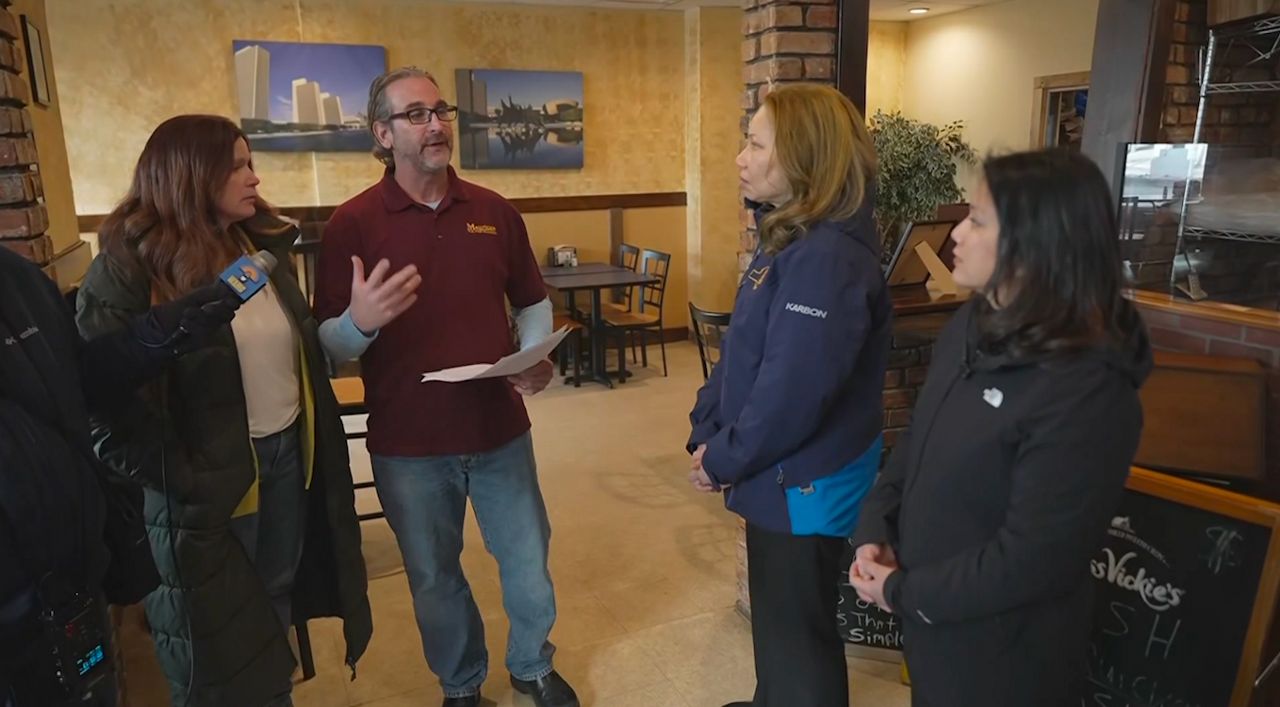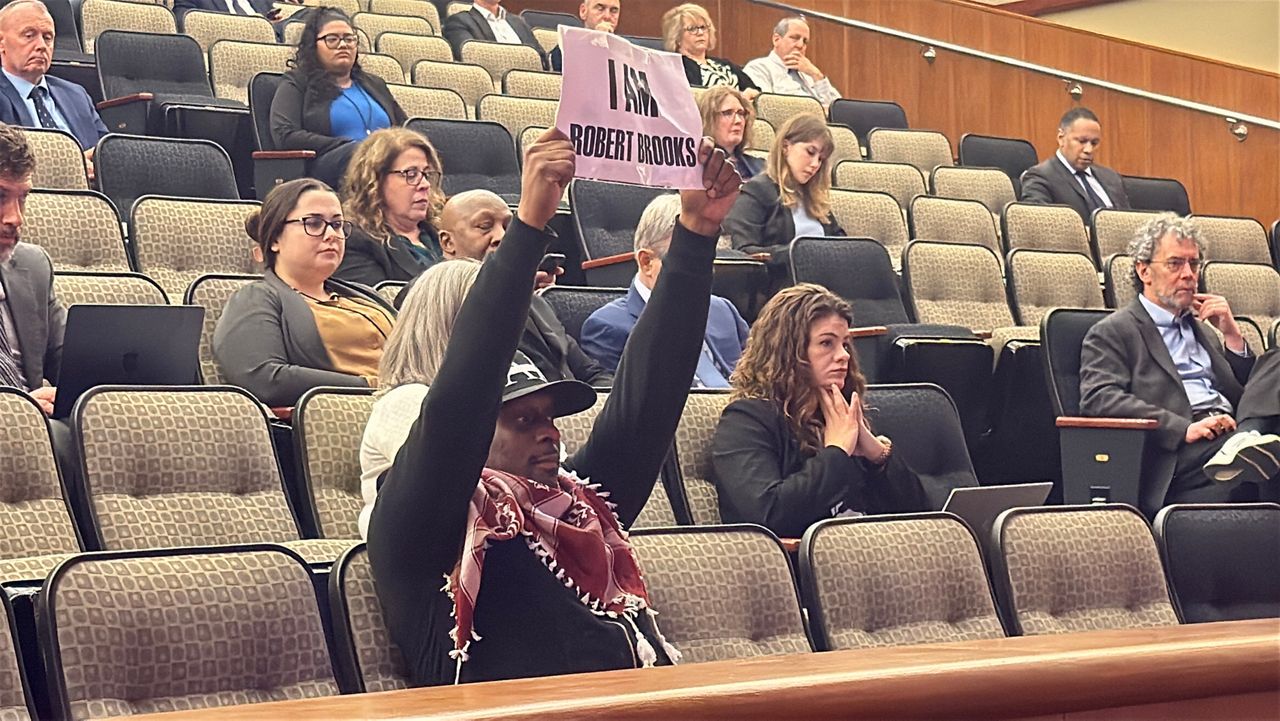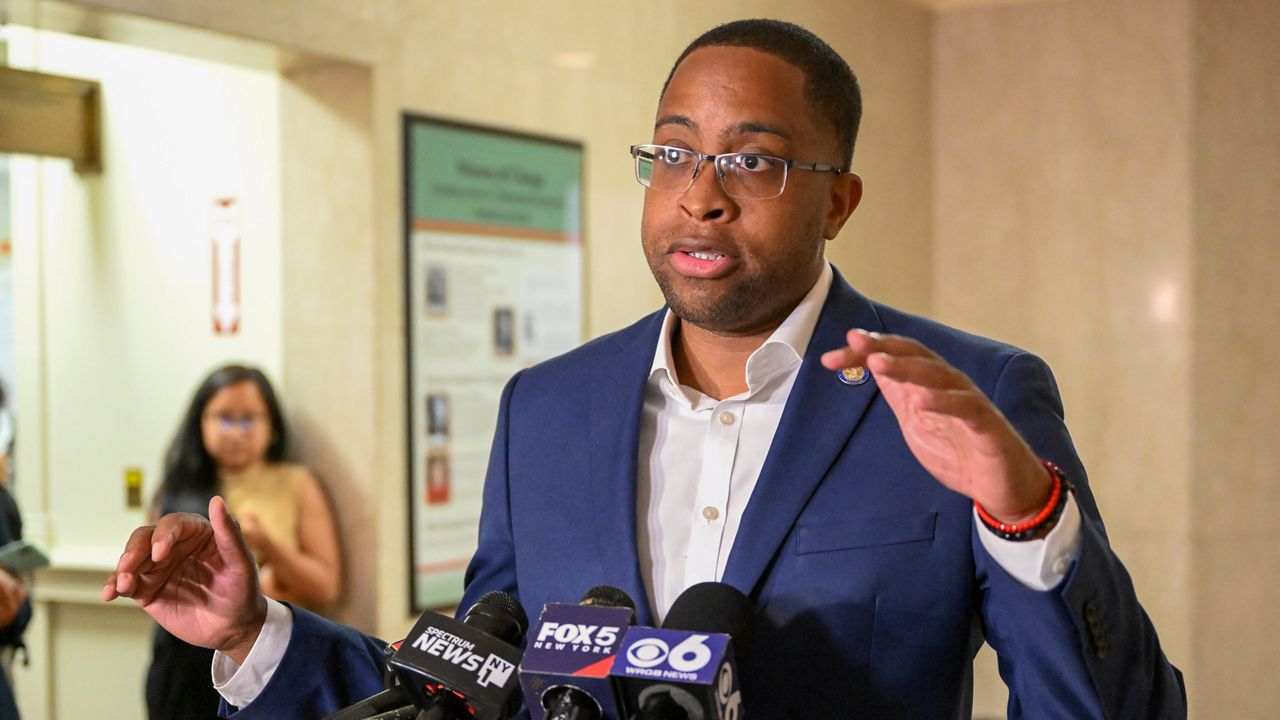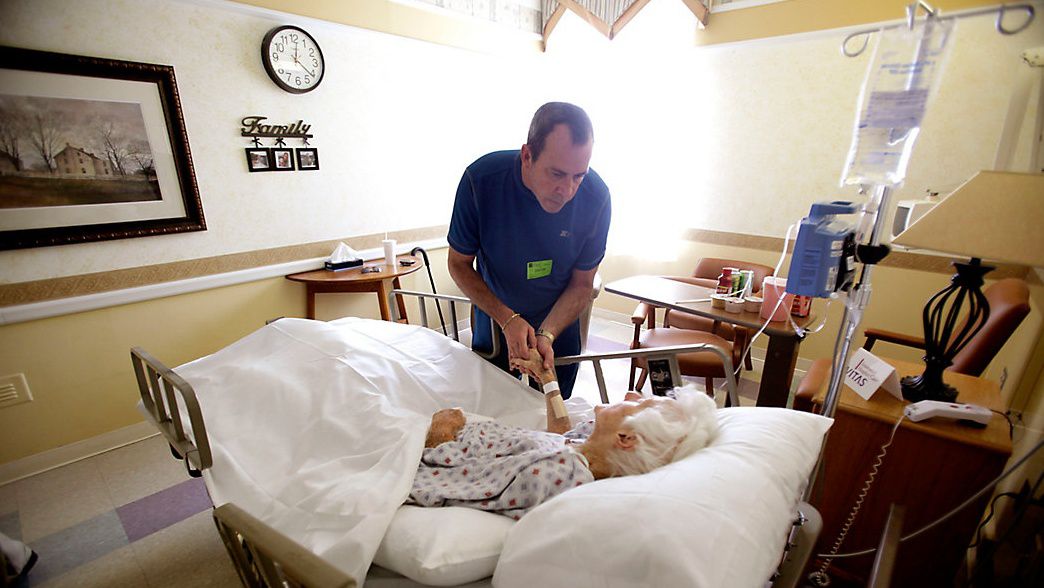While the Court of Appeals has canceled the September bar exam due to concerns around COVID-19, the decision doesn’t provide an immediate path forward for 2020 law school grads who have already spent months studying and thousands of dollars preparing for the bar exam.
“I have to tell you, [our students] are devastated by yesterday’s news,” said Alicia Ouellette, dean of Albany Law School. “Their professional, financial and emotional lives depend on this. They need certainty.”
Under the COA’s new rules, 2020 law school graduates may practice law under the supervision of a qualified attorney before taking the bar exam at some point in the future.
But Professor Andi Curcio, a law professor at Georgia State University, says that scenario presents logistical hurdles for many graduates.
“If they are already practicing lawyers, they’re going to have to stop whatever they’re doing and literally take six to eight weeks off, to do nothing but study full-time for the bar exam,” she said.
Curcio, who is a bar exam expert, said the exam “requires law students to memorize literally thousands of legal rules.”
She explained that the bar exam has little to do with the skills one needs to be a practicing attorney. It’s more of a crash course in every aspect of the law.
Recent grads have an advantage in that they have been steeped in these studies in law school. It’s become a right-of-passage for many law school students who graduate in May to spend the next two months studying for the July bar exam.
This year, the July exam was canceled and rescheduled to September. Now the September bar exam has been canceled as well.
“Our graduates have been studying full time for four to six weeks, depending on the graduate, to get ready for the bar exam,” said Ouellette. “It’s a full-time job. And it’s expensive. They take loans to cover their costs.”
Graduates study for eight to 10 hours a day.
“It’s just incredibly stressful. And they’ve been doing it during the pandemic,” said Ouellette. “They want to take the exam, but now that’s not an option.”
For many grads, it means moving out of their apartment, perhaps moving back home, and finding temporary work. he more time that goes by, the less likely they will be able to retain the enormous amount of information they need to take the bar.
“They’re frantic,” said Ouellette. “Do they continue to study for what might be an October online exam? Do they go get jobs as waitresses to carry them? What do they do with this uncertainty?”
“Bar review books and materials probably, if you stack them, go from floor to at least thigh high, and [law school graduates] have to learn and memorize all of it,” said Professor Curcio.
Not surprisingly, there has been a push by law school students for “diploma privilege,” which allows law school graduates to be licensed to practice law without taking the bar.
Thursday’s announcement by the Court of Appeals does not grant that; however, it does establish a Working Group, chaired by retired Court of Appeals Judge Howard Levine, to study the future of the bar exam in New York. Some of the law school professors who have spoken with Spectrum News seem to think that means the Court of Appeals is considering allowing this cohort of graduates to take the bar online.
Since the beginning of the pandemic, the deans of all 15 New York Law Schools have been searching for an online alternative to the in-person bar exam, but there are worries about equity and cheating.
“I think the main concerns are expressed in two ways,” says Ouellette. “There are equity concerns, some people are concerned about individuals who don’t have good internet. The second thing is security.”
It’s not clear whether the Working Group will consider diploma privilege, though they may have to.
The Chair of the Senate Judiciary Committee, Brad Holyman, has sponsored legislation to allow diploma privilege. He told Capital Tonight that he will push that legislation next week when lawmakers return to Albany.
It’s made him popular among the law school set.
Ouellette supports diploma privilege for this year’s crop of law school grads.
“Senator Hoylman’s bill would give them emergency relief,” she explained. “It would give them certainty. It would give them a path so that they could start their professional lives.”
“We’re in a pandemic,” she said, “and we’re all making hard decisions.









